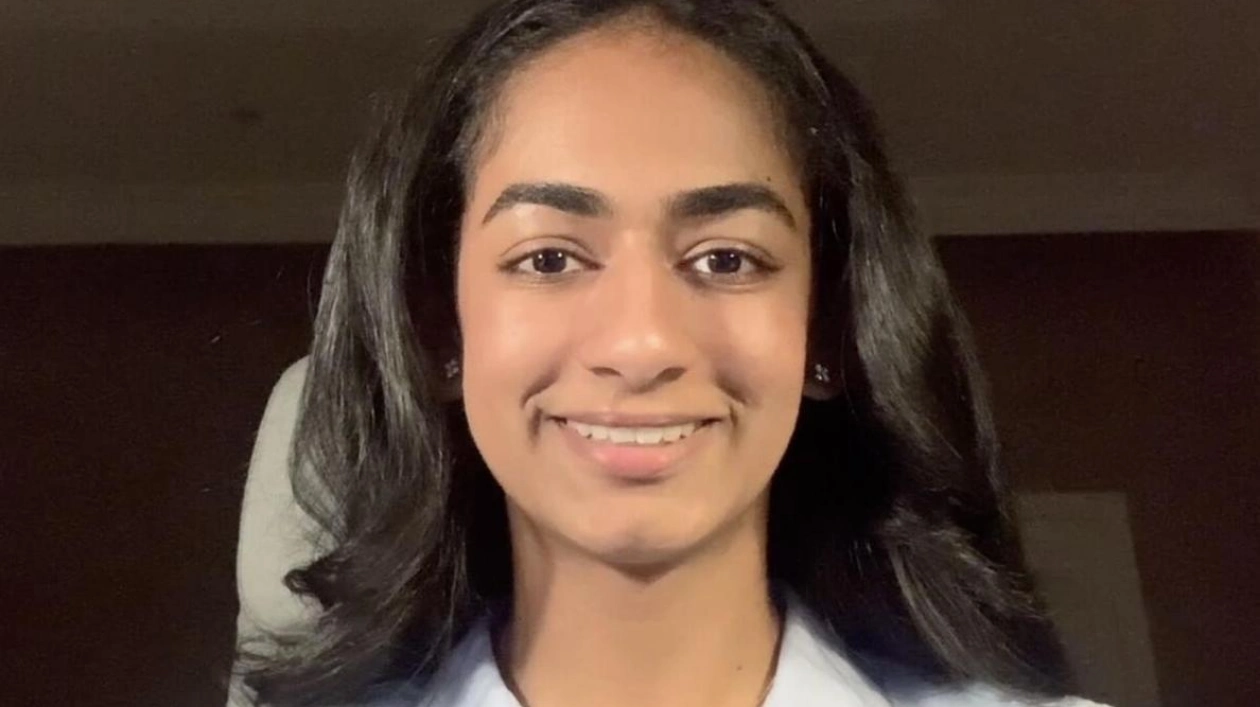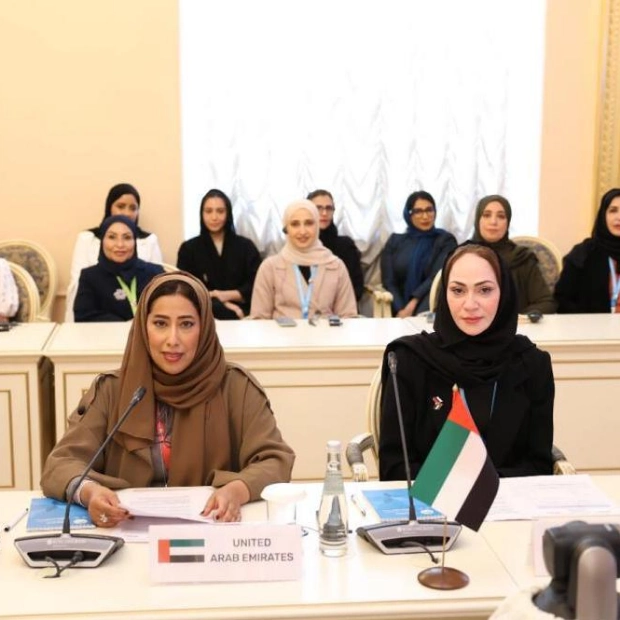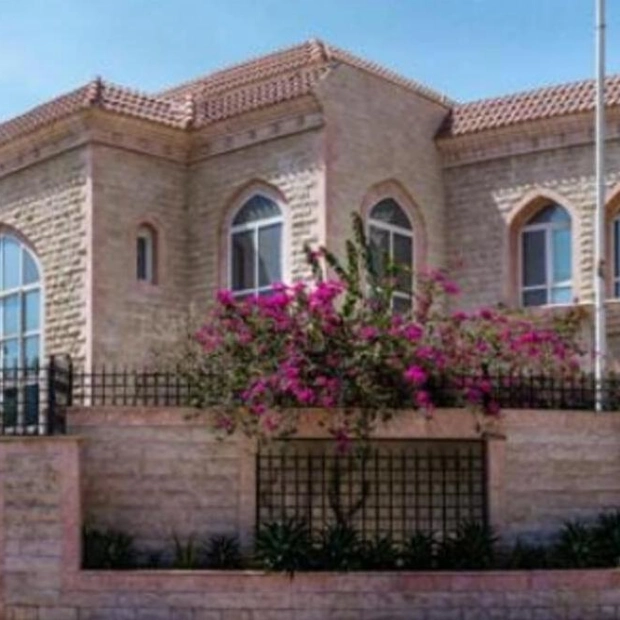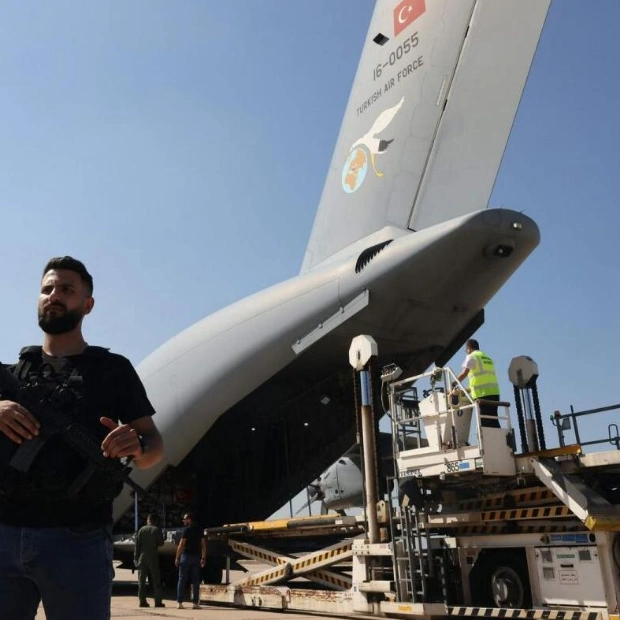Motivated by her aspiration to someday 'hear her brother's voice' and to empower People of Determination worldwide, a student from Dubai has progressed to become one of the top ten finalists for the 2024 Chegg.org Global Student Prize. The annual $100,000 award is presented to an exceptional student who has significantly impacted learning, the lives of their peers, and society at large.
In an interview with Khaleej Times on Wednesday, Maha Nawaz stated, "I intend to study electrical engineering and neuroscience at university. Despite the challenges, I am resolute in pursuing this field. My goal is to become a neurosurgeon specializing in brain-computer interfaces, aiming to develop implantable technology that can alleviate conditions such as strokes, muteness, and autism, enabling me to finally hear my brother’s voice and empower People of Determination."
Maha, a student at Dubai College, was chosen from over 11,000 nominations and applications from 176 countries. She has developed two prosthetic hands: one using Arduino, an open-source platform for creating interactive electronic objects, and another controlled by the mind through machine learning. The prosthetic hand can distinguish between various actions such as picking up a cup or shaking hands, predicted from brainwaves. Furthermore, she is collaborating with NYU Abu Dhabi to develop an EEG robotic arm for locked-in patients with very limited communication. The arm would track eye direction to control the movement of the robotic arm.
When asked about her plans for the prize money if she wins, the 17-year-old expressed her desire to make such technology "accessible to anyone who needs it." She intends to use the prize money to build and democratize brain-computer interface and myoelectric technology, providing people with essential actions like mobility, speech, and independence. "Through funding, I would further develop my brain-controlled and myoelectric prosthetics by enhancing my machine learning algorithms and signal processing, as well as ensuring the long-term feasibility of the prosthetics through R&D and mentorship," she explained.
Additionally, Maha has created a full-stack remote patient monitoring app that continuously records patients' vitals and tracks their prescription intake. "This accelerates preventative care for mitigating stroke and diabetic emergencies. Doctors can monitor their patients remotely, facilitating critical care from afar, potentially reducing overbooking issues in healthcare and medical costs for patients," she noted.
A TEDx speaker and e-NABLE volunteer, Maha has also excelled academically with top GCSE scores and distinguished herself in Olympiads. As the leader of the Computer Science Society, she organizes workshops and mentors others in 3D printing and coding. Her initiatives extend to Pakistan, where she works to enhance education and healthcare. Her mind-controlled prosthetic, recognized by IEEE, highlights her commitment to inclusivity and diversity in STEM.
Upon learning she was among the top 10 finalists for the Chegg.org Global Student Prize, Maha expressed her excitement: "I was ecstatic, to say the least. I look forward to sharing the stage with incredible individuals and forming lifelong connections." The winner will be announced in New York later this month during the UN General Assembly week, selected by the Global Student Prize Academy, composed of prominent figures.
Heather Hatlo Porter, Chegg’s Chief Communications Officer, congratulated Maha, stating, "This honor not only reflects your outstanding achievements but also symbolizes the brighter future you're actively shaping for all of us. Chegg is dedicated to its Student First mission, highlighting inspiring students worldwide through the Global Student Prize, giving them a platform to share their stories, connect, and be heard. Students like Maha deserve recognition, as their dreams, creativity, and remarkable efforts are crucial to addressing the world's urgent challenges."






